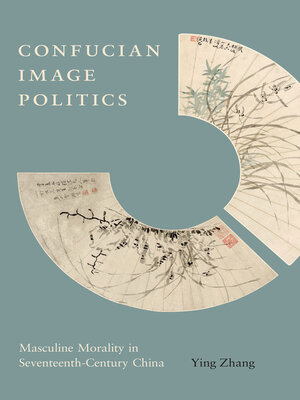
Sign up to save your library
With an OverDrive account, you can save your favorite libraries for at-a-glance information about availability. Find out more about OverDrive accounts.
Find this title in Libby, the library reading app by OverDrive.



Search for a digital library with this title
Title found at these libraries:
| Library Name | Distance |
|---|---|
| Loading... |
During the Ming-Qing transition (roughly from the 1570s to the 1680s), literati-officials in China employed public forms of writing, art, and social spectacle to present positive moral images of themselves and negative images of their rivals. The rise of print culture, the dynastic change, and the proliferating approaches to Confucian moral cultivation together gave shape to this new political culture. Confucian Image Politics considers the moral images of officials—as fathers, sons, husbands, and friends—circulated in a variety of media inside and outside the court. It shows how power negotiations took place through participants' invocations of Confucian ethical ideals in political attacks, self-expression, self-defense, discussion of politically sensitive issues, and literati community rebuilding after the dynastic change. This first book-length study of early modern Chinese politics from the perspective of critical men's history shows how images—the Donglin official, the Fushe scholar, the turncoat figure—were created, circulated, and contested to serve political purposes.
The open access publication of this book was made possible by a grant from the James P. Geiss and Margaret Y. Hsu Foundation.







